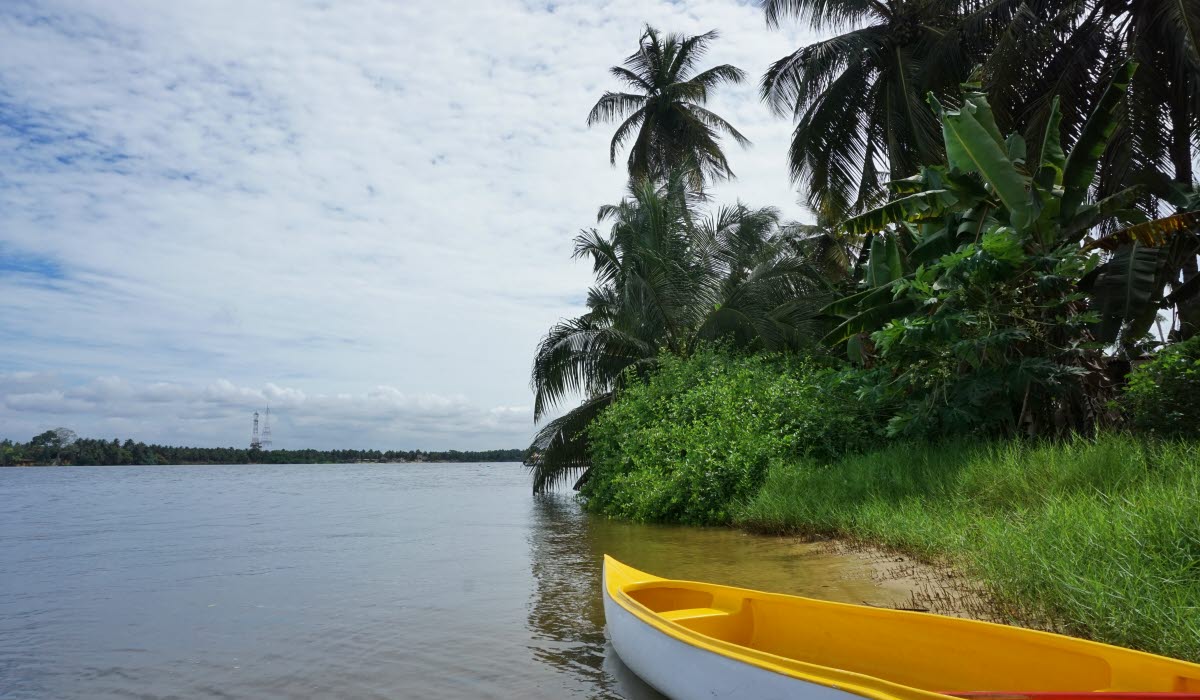Green hydrogen is increasingly recognised as a critical component in the transition to a net-zero emissions future. It is a clean energy carrier that can be used in sectors where reducing carbon emissions is particularly challenging, such as heavy industry and transport. According to the International Renewable Energy Agency (IRENA), green hydrogen could account for up to 12 per cent of global energy use by 2050, contributing significantly to global decarbonisation goals.
The global demand for hydrogen is projected to increase significantly, with estimates suggesting a sevenfold rise by 2050. Major regions like China, Europe, and the USA are expected to account for approximately 60 per cent of this demand. However, there is a noticeable mismatch between the locations of hydrogen production potential and the demand centres, highlighting the need for international trade and collaboration.
Renewable investment on the rise
In the context of this burgeoning sector, Africa, with its vast renewable energy resources, is emerging as a potential powerhouse for green hydrogen production. The continent's potential for green hydrogen production is significant, with the European Investment Bank (EIB) highlighting that Africa's clean hydrogen industry could add USD 66-126 billion to the GDP of its members by 2050, while also creating millions of new jobs. The EIB also projects that Africa could produce green hydrogen at less than EUR 2 per kilo, making the continent a competitive player in international energy markets.
In particular, Morocco is advancing its position in the green hydrogen market. It is one of only four countries globally recognised for having significant potential to become exporters of green hydrogen, with the ability to supply four per cent of the global demand. The nation has already attracted European investors and is home to ambitious projects aimed at becoming a green hydrogen powerhouse. Morocco’s strategic location and commitment to renewable energy, with aims to increase the share of total installed capacity to more than 52 per cent by 2030 further bolsters its potential as a major green hydrogen producer and exporter.
Cross continent value chain
Other African countries are also emerging as significant contributors to the green hydrogen sector. South Africa, Egypt, Mauritania, Namibia, and Niger are planning large-scale hydrogen projects, indicating the continent's broad commitment to harnessing its renewable energy potential for green hydrogen production.
While the potential across key African markets is recognised, there is still a critical need for expertise to support production scale-up and implement sustainable approaches across the value chain. Given the strategic importance of green hydrogen in the global energy transition, Swedish companies with the knowledge and solutions are well-positioned to engage in this growing market. With expertise in technology, sustainability, and a long history of innovation in clean energy, Swedish businesses can find valuable opportunities in Africa's green hydrogen sector.
Swedish companies interested in exploring these opportunities are encouraged to engage with the Business Sweden team in Morocco. The team can provide insights, facilitate connections, and support Swedish companies in navigating the African green hydrogen landscape. Through collaboration and investment, Swedish companies can contribute to and benefit from the continent's green hydrogen development, driving progress toward a sustainable energy future.





